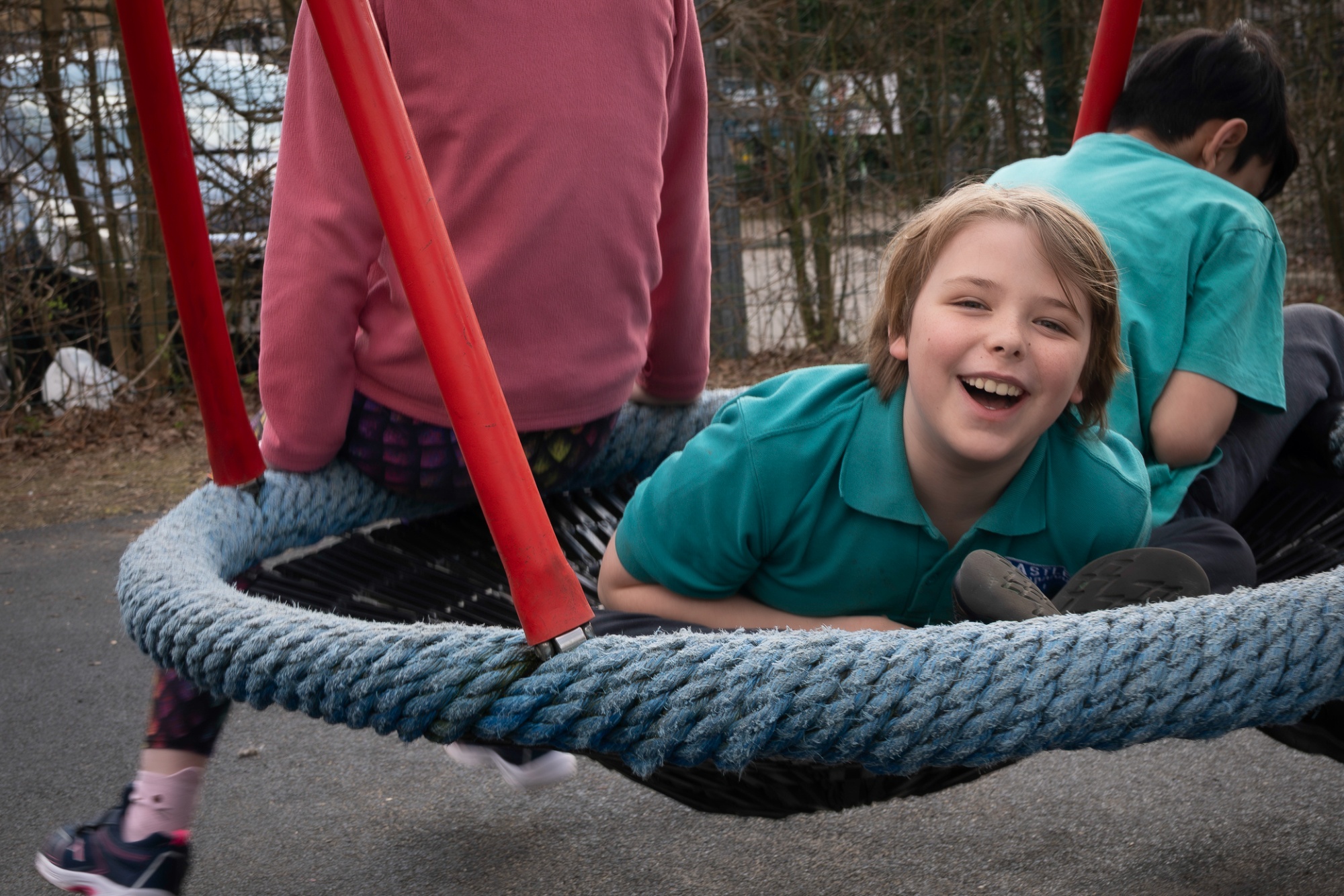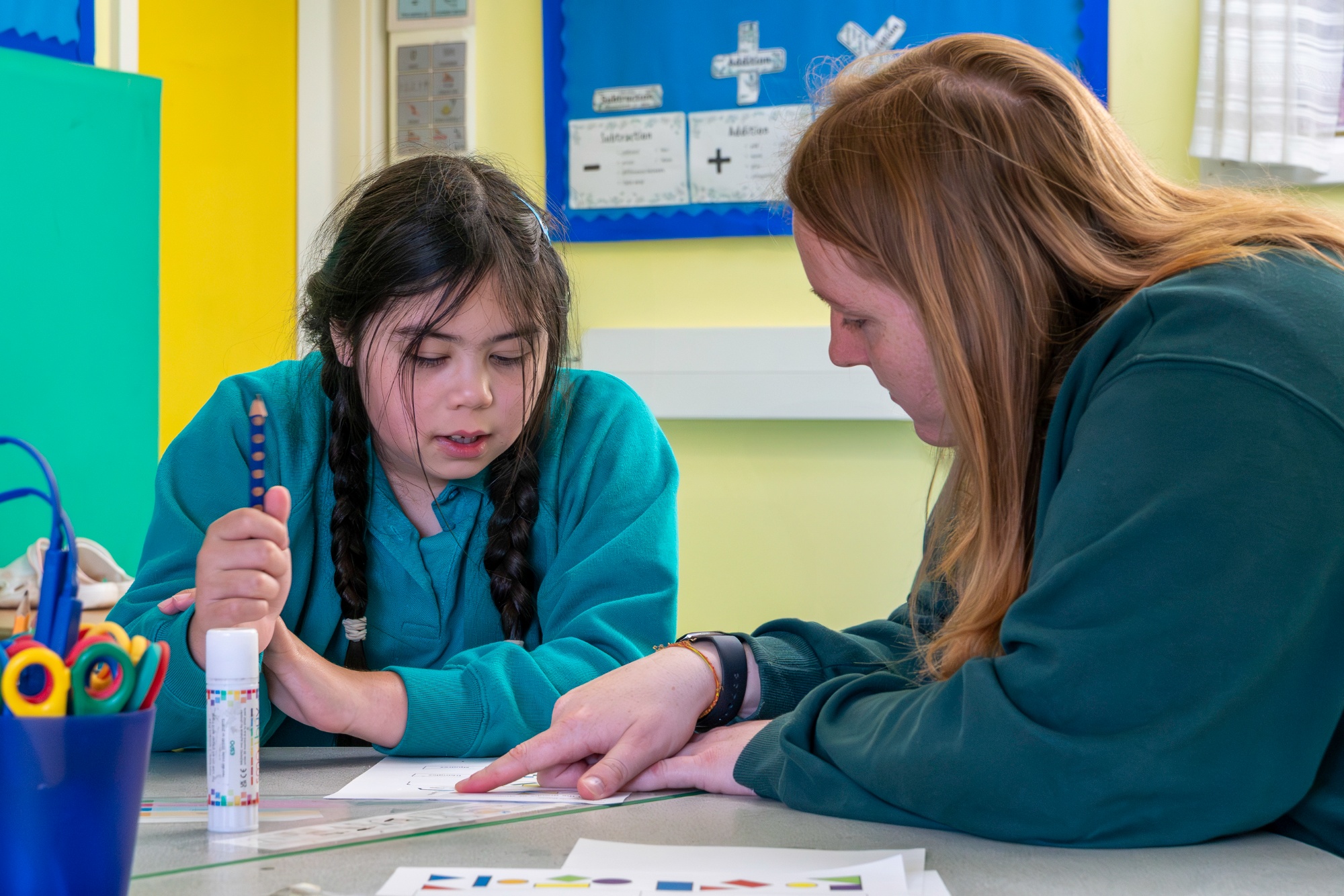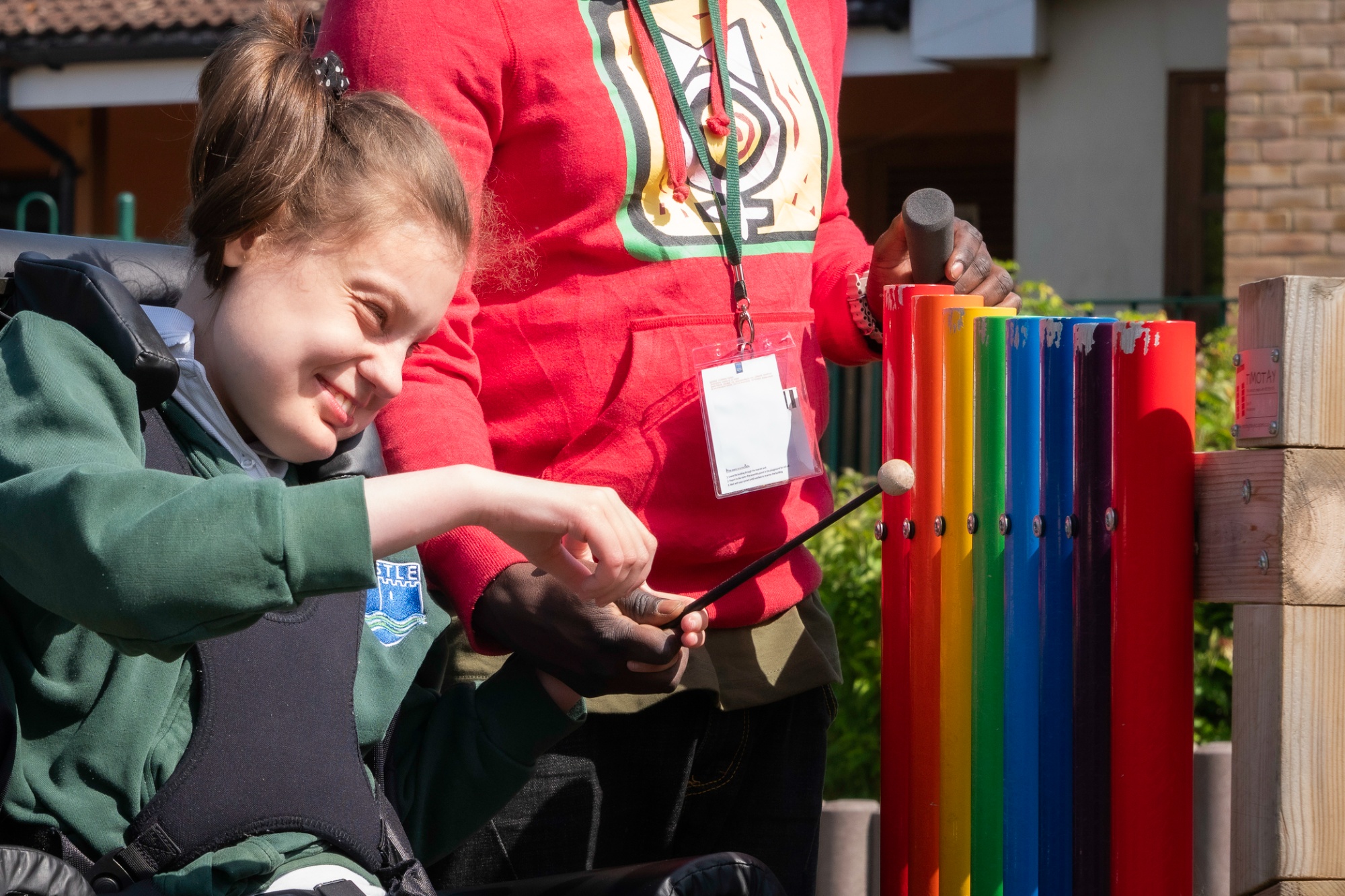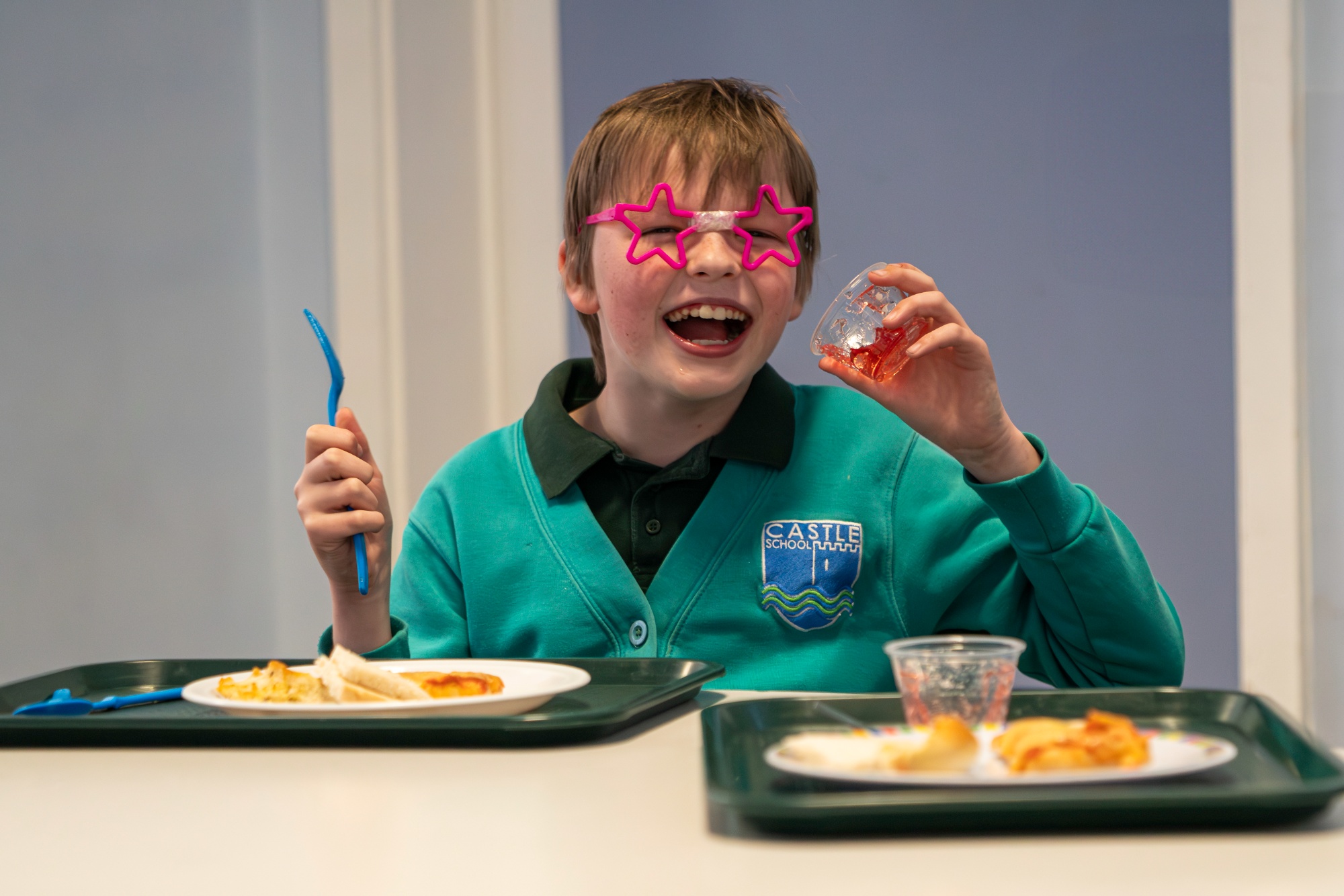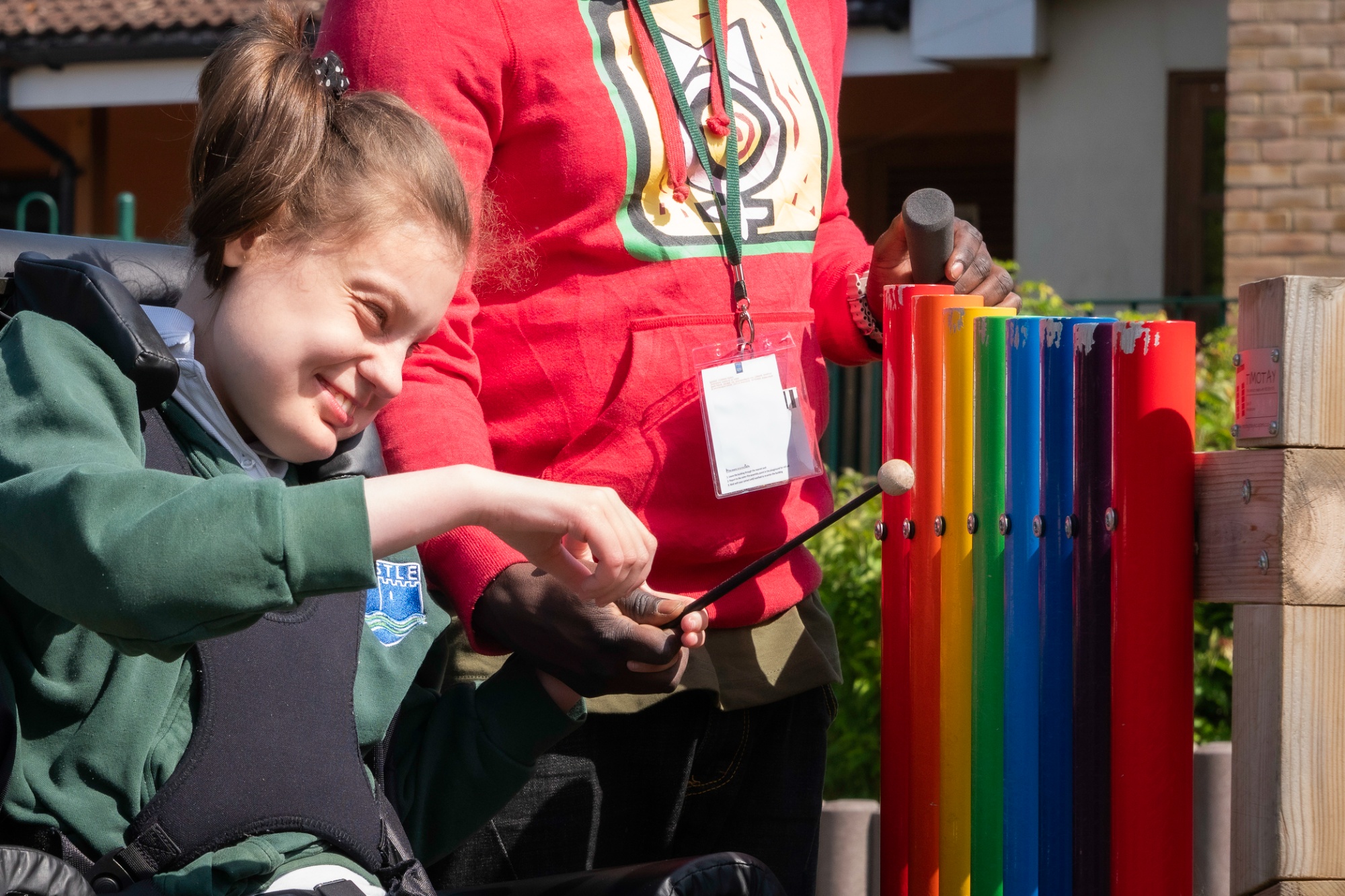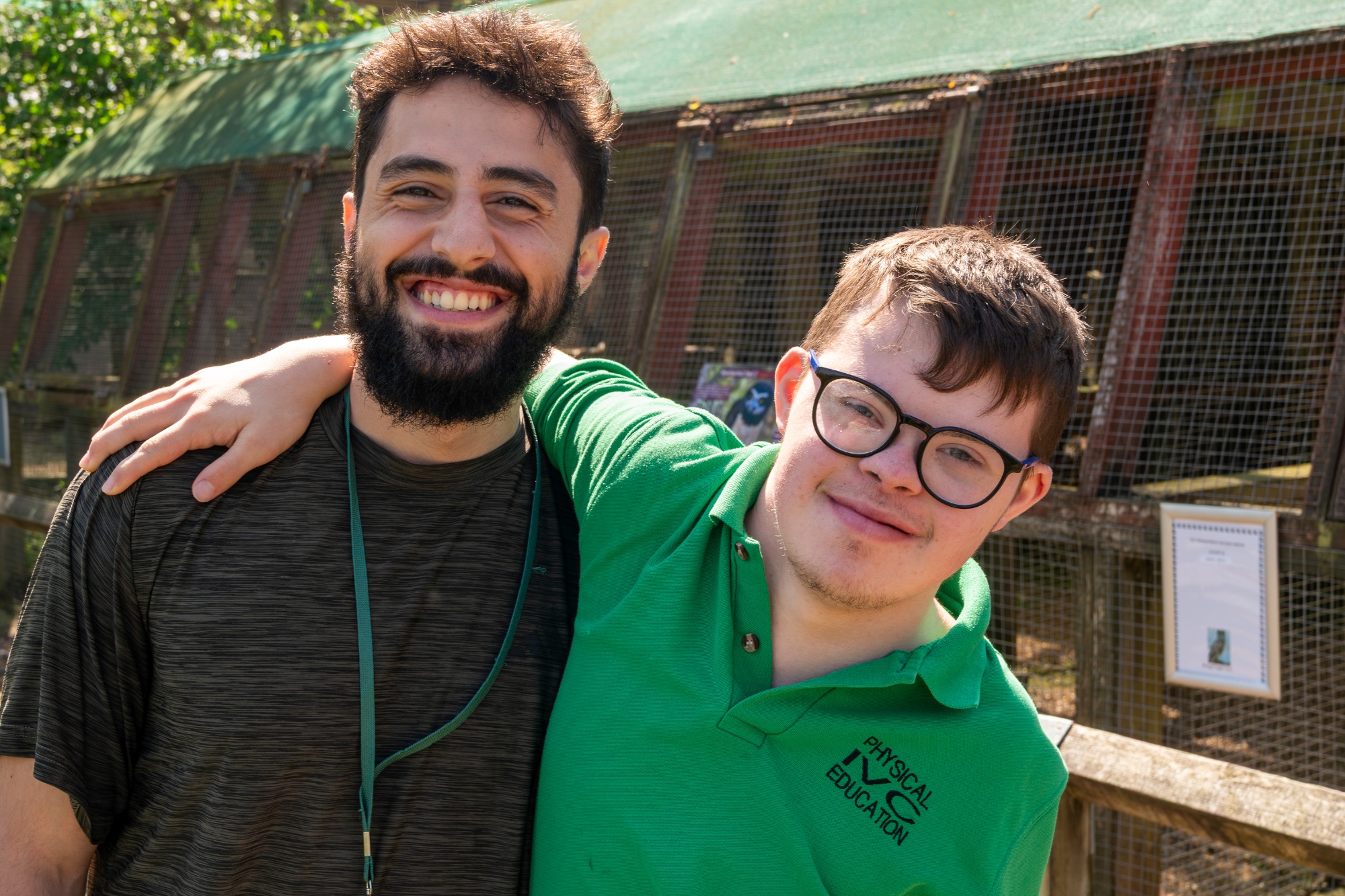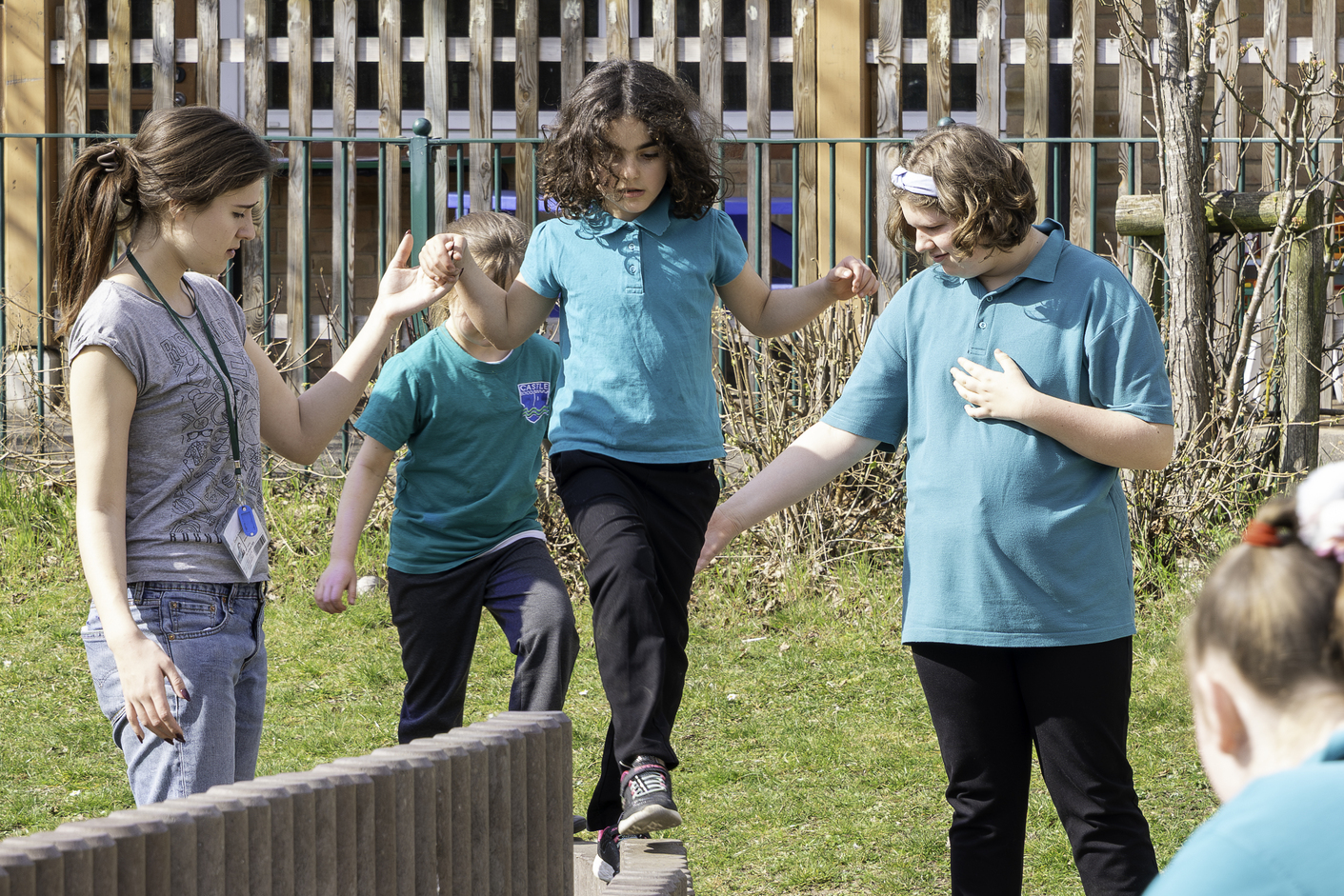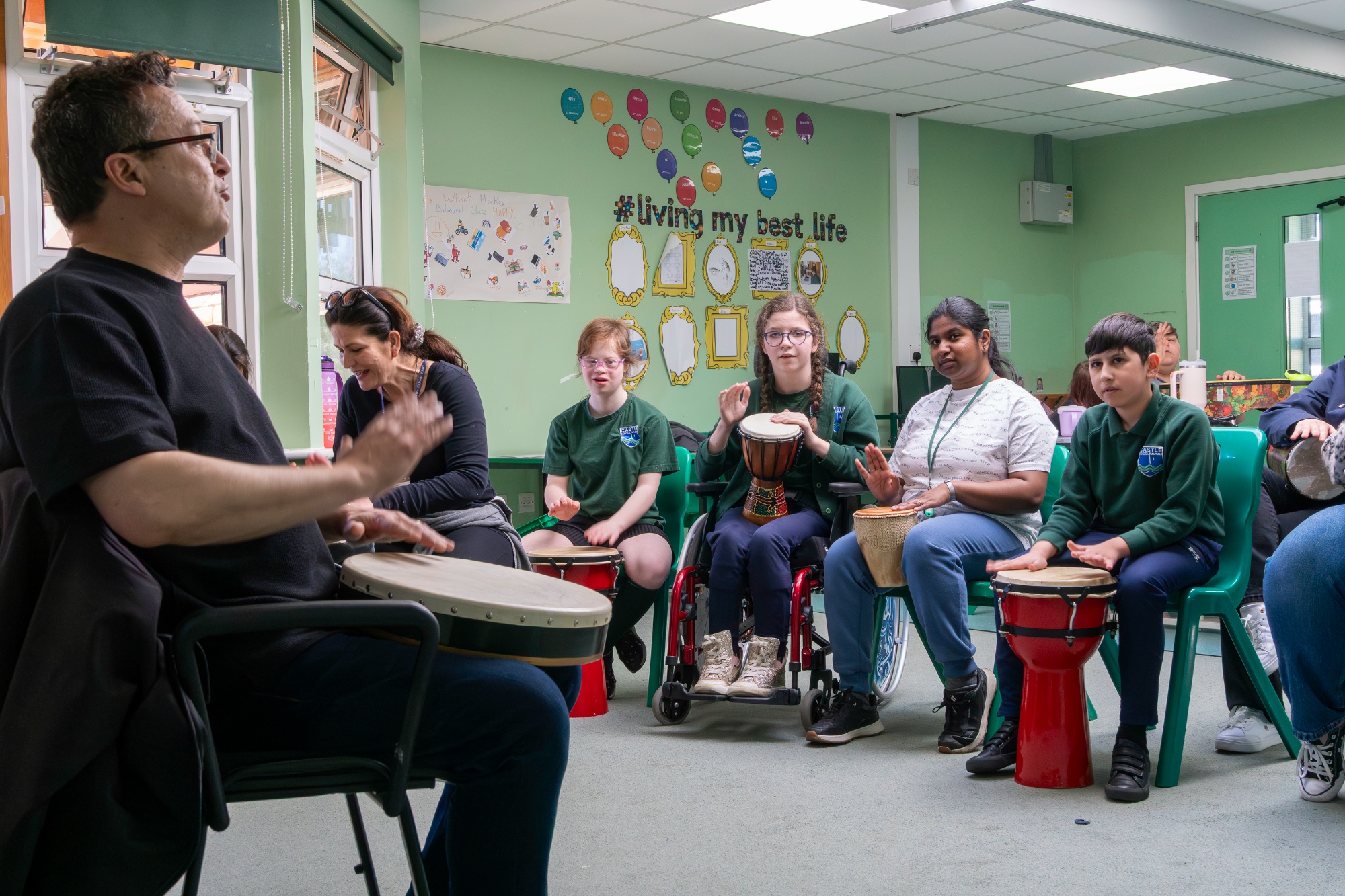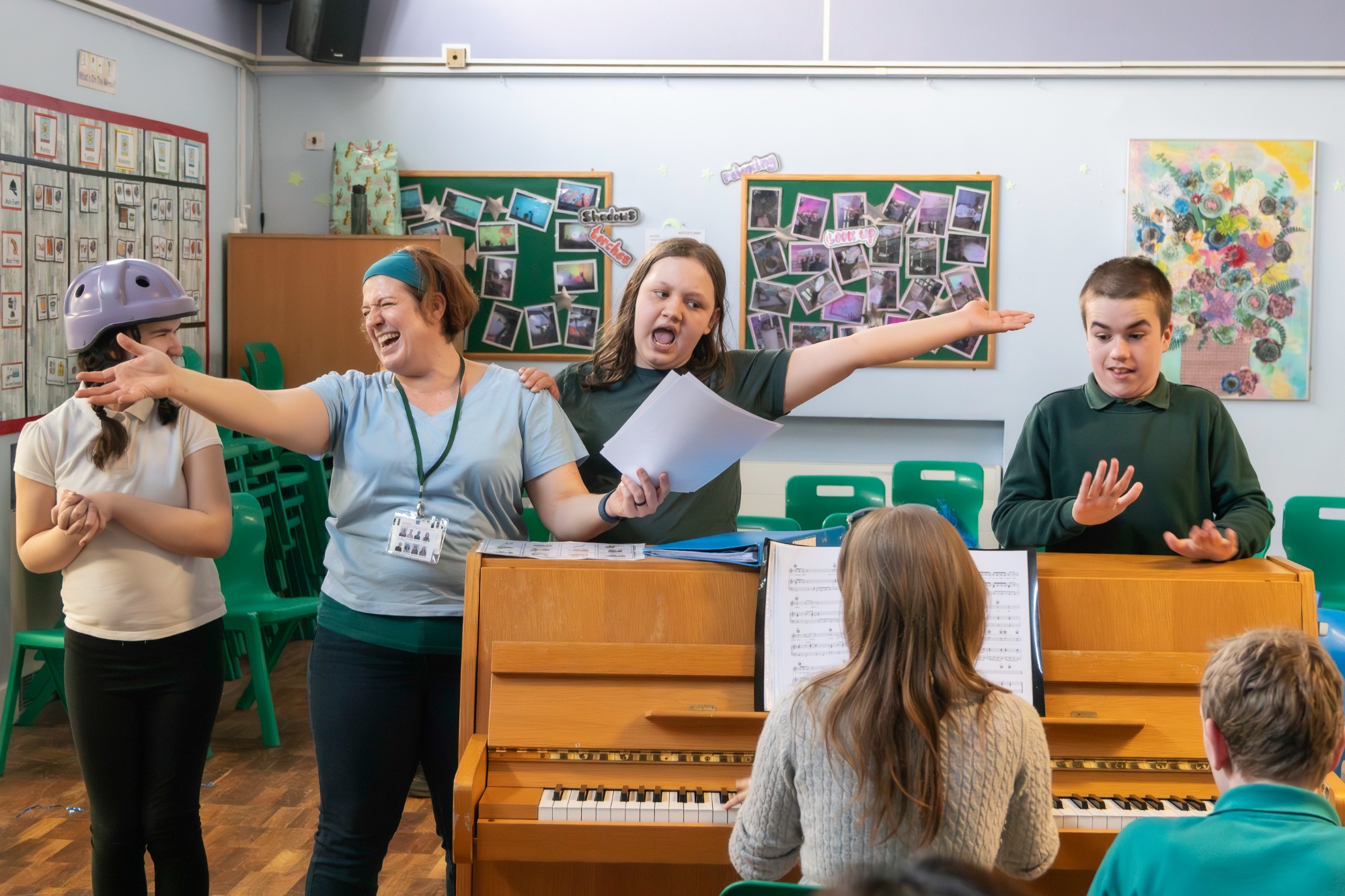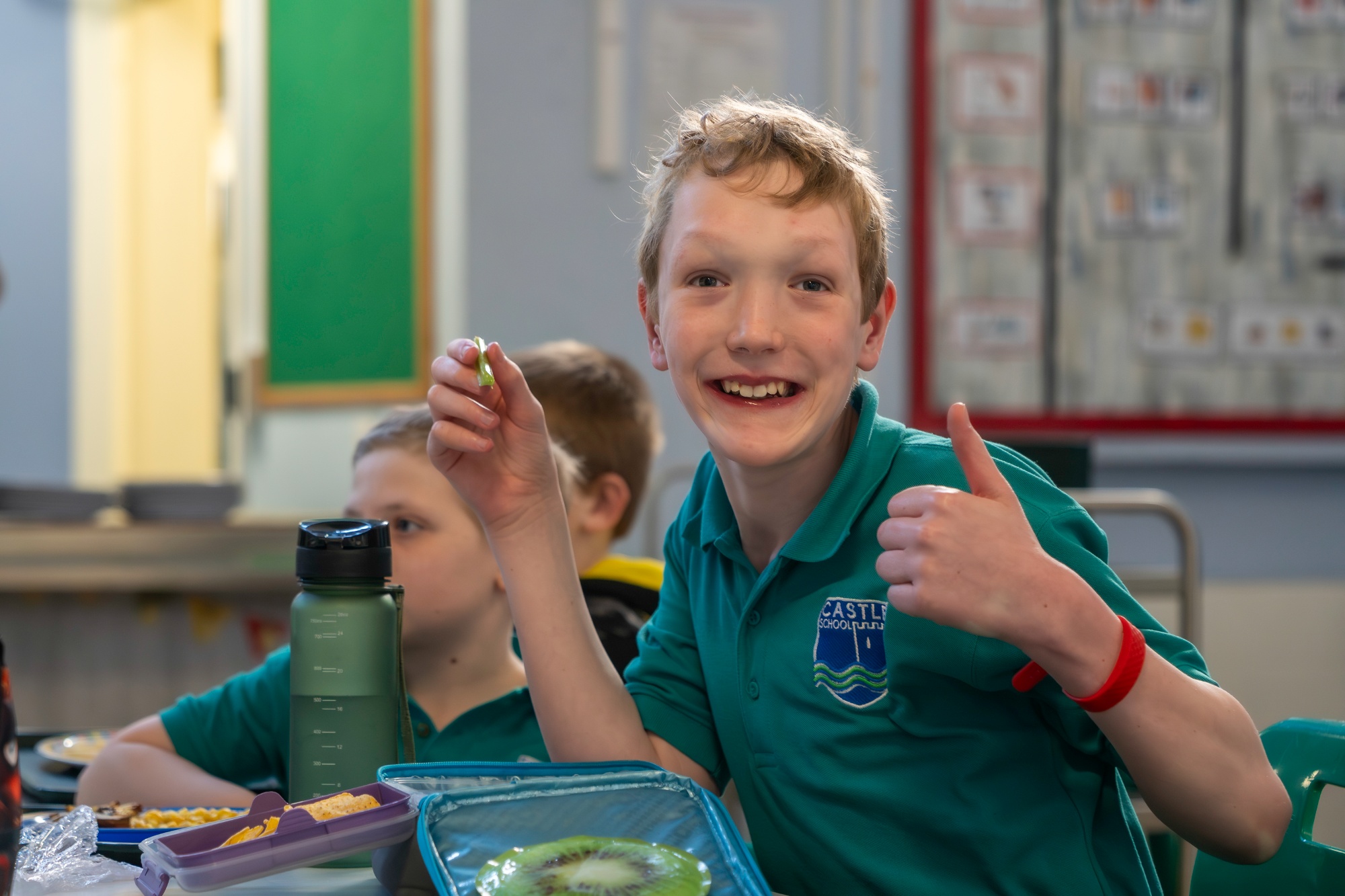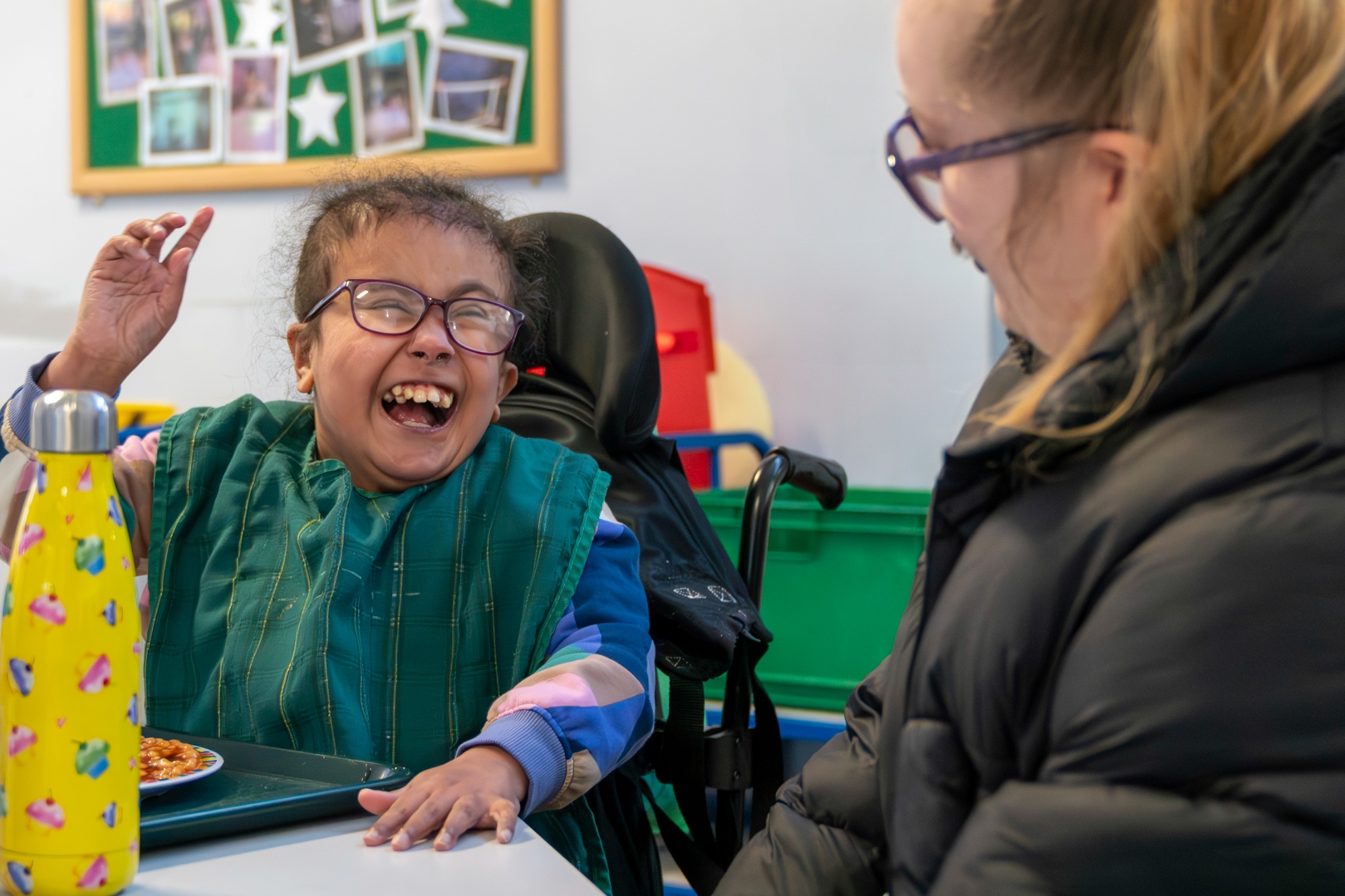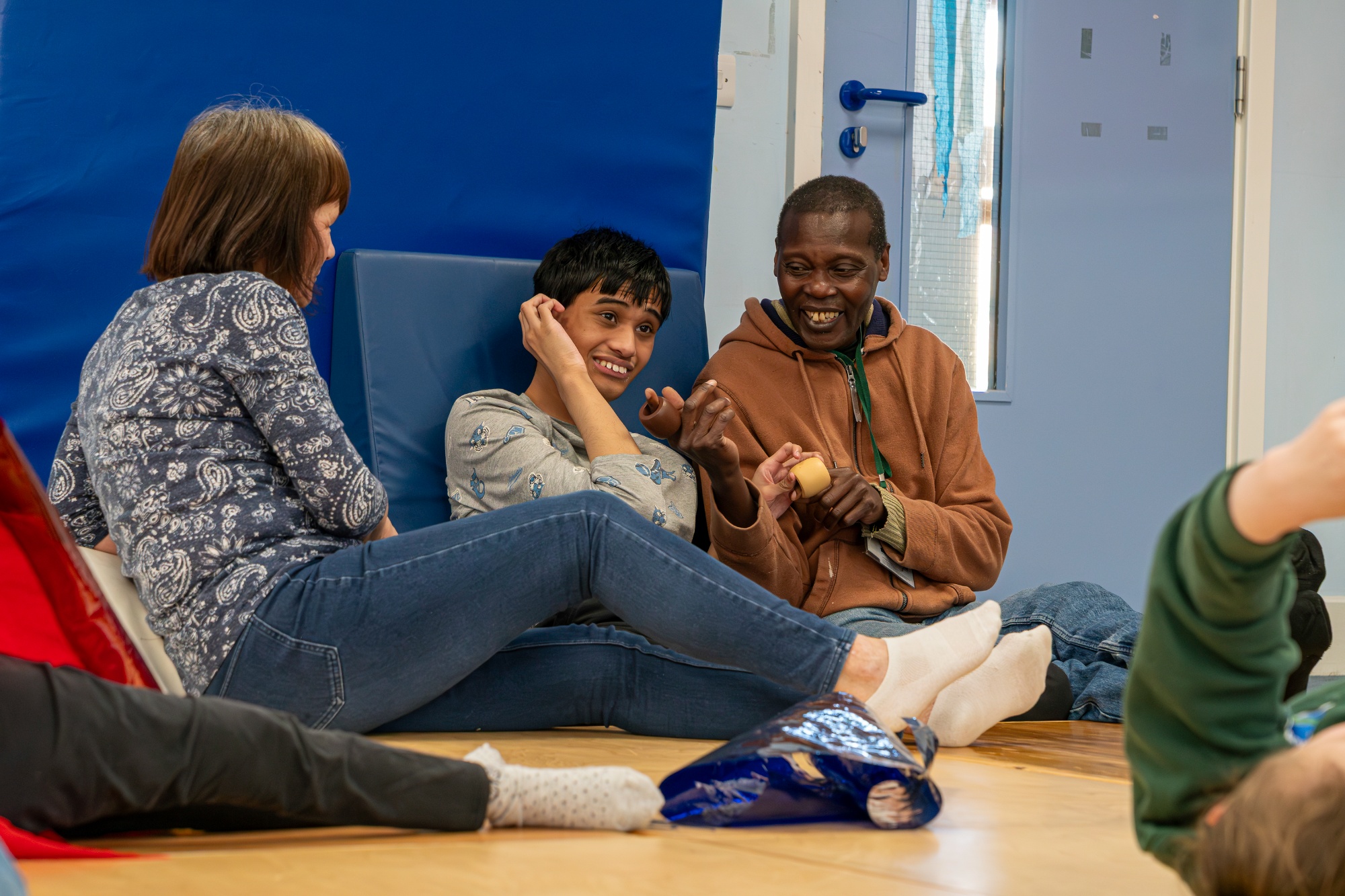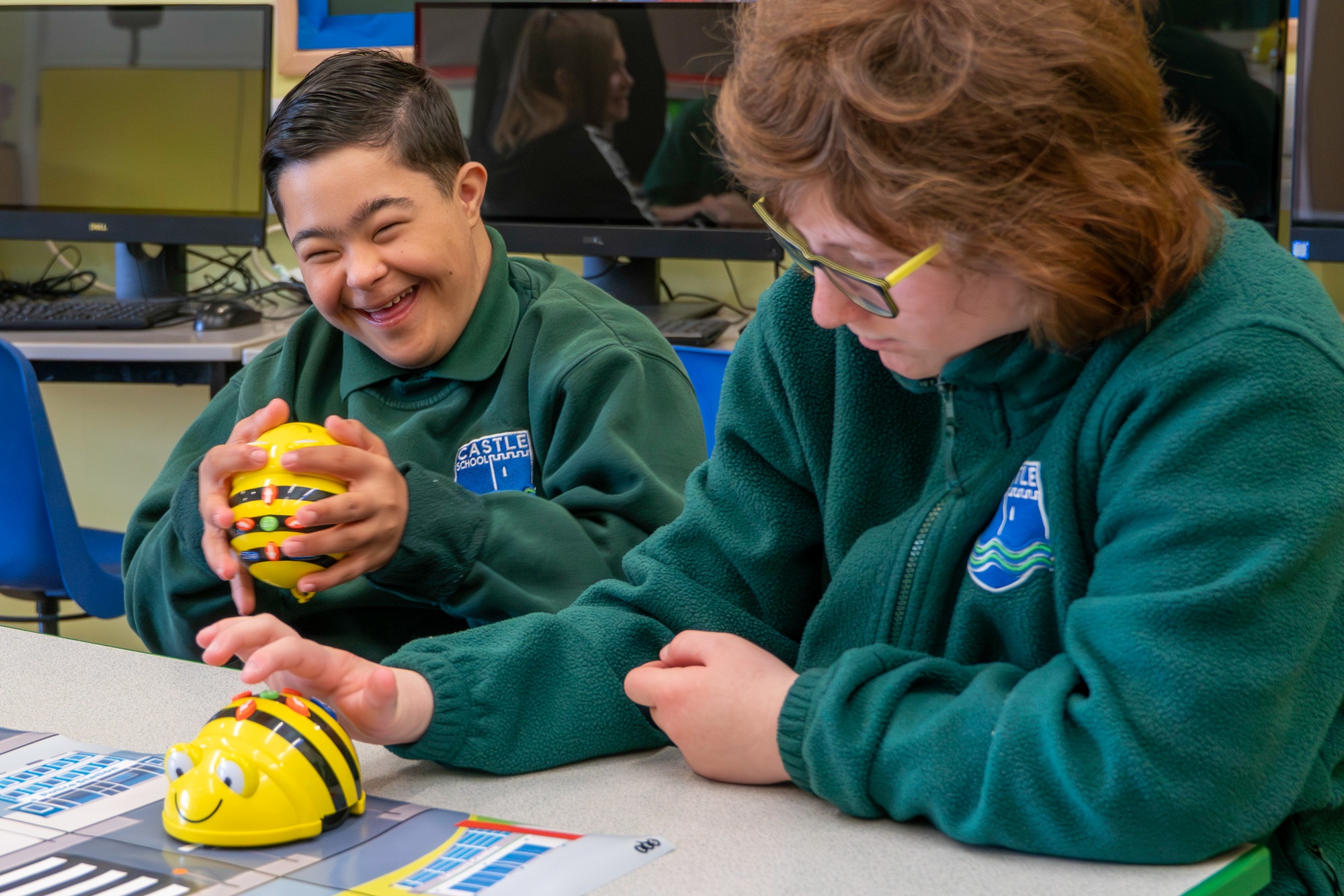Remote / Home Learning
Welcome to the home learning section of our website.
These pages are useful in the event of an emergency school closure or if your child has time off school due to a medical condition.
Activities and links can also be used to support home learning.
Please feel free to pick and choose the activities that fit into your daily routine and are suitable for your child.
We have also included in the other sections some general resources and links you might like to use, ideas to support well-being and also some fun activities such as a virtual tour of Chester Zoo you might like to do as a family.
Oak Learning Academy also has a range of sessions and resources available for students with SEND.
Please share your experiences and photos via the Evidence for Learning platform.
Some things to remember while working with your young person …
- Firstly, enjoy the time you spend with your child
- Build in learning opportunities linking to the things you would be doing anyway
- Start with activities that engage or interest them, and you
- BREATHE and try to stay calm yourself. Many pupils can feel anxious if the person working with them feels that way. A change of face can be really helpful at these times if that’s possible or, if not, take time-out while they do a simple independent activity.
- Pick your battles. These are challenging times, and some days won’t go as well as others. You are all amazing parents doing an amazing job, please don’t forget that.
- A simple visual timetable can be useful. The first activity of the day could be to make the timetable, drawing pictures or choosing a picture online if you’re doing a list on the computer.
- Now and Next statements (drawn or written and read out) can be very helpful in motivating your young person (especially when the ‘next’ is something fun).
- Keep activities short and focussed and repeat activities over a number of sessions to give your young person a chance to go from doing it with support to just a few verbal prompts then possibly independently.
- Break activities into small steps
- Use minimal language and support with signing or gesture and facial expression.
- Repeat sentences rather than rephrasing them to support language processing.
- Be prepared to model an activity a number of times. (It may feel like you’re the one doing all the work at first but this will help them join in confidently when/if they become ready)
- If you’re feeling worried about anything, please talk to your class teacher who will be happy to help.

